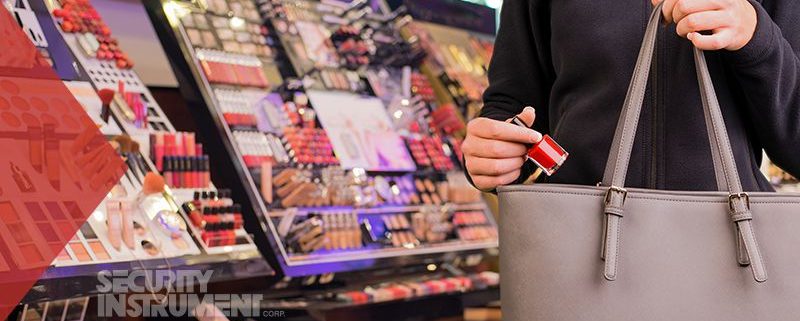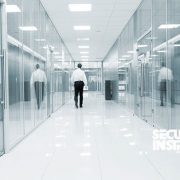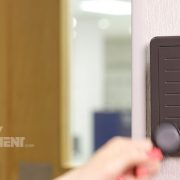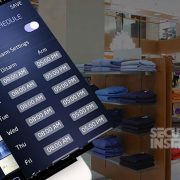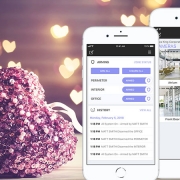7 Ways in Which Retail is Different
- Cybersecurity at Home and Work - October 6, 2024
- Reliable Government Security for the Tri-State Area - October 5, 2024
- Security Solutions for Government Properties in the Mid-Atlantic - September 11, 2024
No matter how large or small the business, retail security is far different from (and often more challenging than) any other enterprise. It is important to consider these differences because they directly impact the choices you make and the effectiveness of your security system.
So, how are retail enterprises different in security concerns? Here are the top 7 ways.
Multi-Focus Physical Security
Retailers have the difficult job of providing physical security across the entire footprint of the store. This is because most of the structure and merchandise is within reach of the public. The public is unvetted and roams freely.
Unusually Vulnerable Storefront
Many stores have a storefront that is largely glass, and highly vulnerable. Additionally, the business is usually closed at night which makes it much more of a target to potential thieves.
Largely Centered Around Loss Prevention
Unlike non-retail enterprises, retail stores must focus on loss prevention with a focus on video surveillance technologies covering vulnerable areas such as the retail floor, storage areas, and POS.
There is a Need for Advanced Analytics
In retail, one of the best ways to gain actionable insight on product, store, or employee performance is through detailed video analytics. These systems provide intelligence by capturing, analyzing, and reporting real-time data that help retailers make strategic decisions designed to improve operational efficiency and profitability.
Security Solutions Must Also Help Improve Customer Experience
Another important facet of retail security is that it should also provide a way to help improve customer experience. Retailers use it to review how the business works or doesn’t, as well as gauge customer satisfaction with transactions, employee performance, and how customers interact with product and displays.
Vulnerability to Fraud
Stores are also very vulnerable to acts of fraud such as slip and fall or claims of being injured on displays or by products or shopping carts and must consider this element in planning their security strategies. Injury claims are costly and very difficult to dispute in court without clear video of the event.
Injury Prevention
In addition to preventing acts of fraud, the retail security must also focus on preventing actual injury. Retailers must have a multi-view of the store and operations to eliminate obstructions and correct potentially dangerous conditions, such as folded or rippled mats or wet floors.
In the retail environment, security must enhance safety and improve overall operational efficiencies. Security Instrument is Delaware’s largest full-service and independently-owned security company and understands the unique security needs retailers face.

